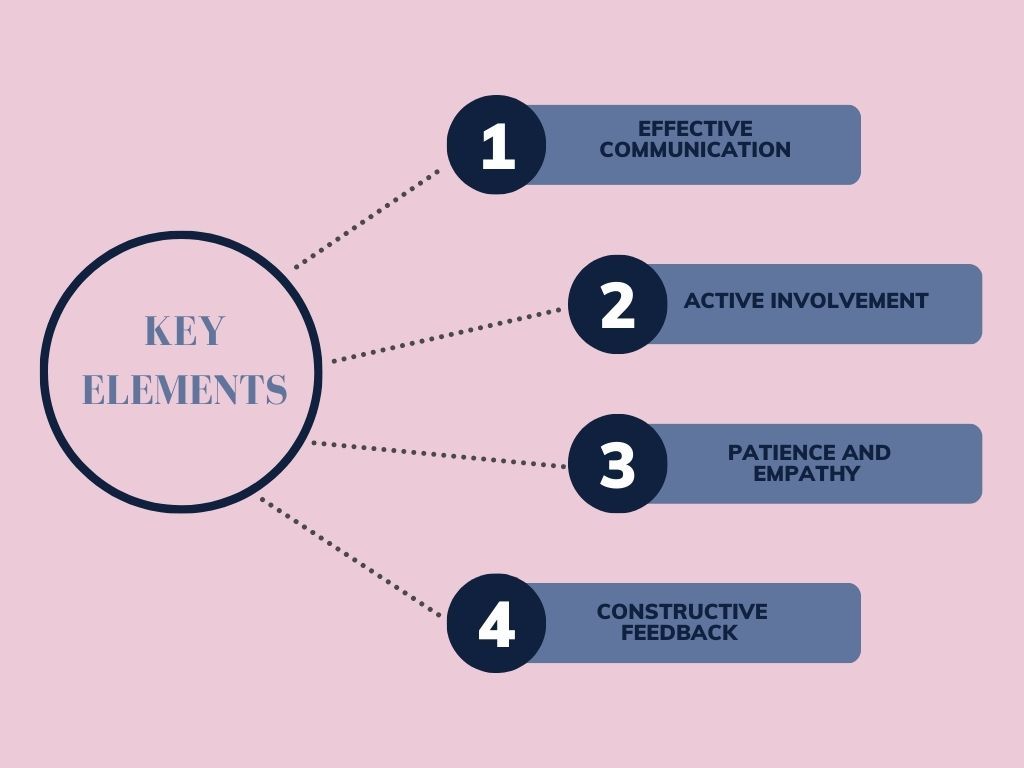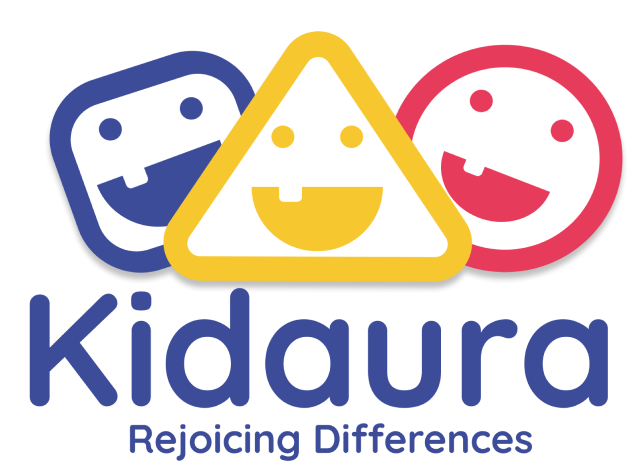Tips for Building a Strong Parent-Therapist Relationship
Published by Madhushree
a year ago
A child's therapy journey can be transformative, enabling them to navigate challenges, develop coping skills, and thrive emotionally. Therapy is, however, often successful when there is a strong relationship between the therapist and parents. As a parent, your active involvement and collaboration with the therapist can significantly enhance your child's progress and well-being. In this blog post, we will explore valuable tips for building a robust therapist-parent relationship. This insight will empower you to facilitate positive outcomes and lasting change in your child's therapeutic journey. From effective communication to fostering trust and respect, this insight will empower you. So, let's dive in and discover the key elements contributing to a successful and supportive therapist-parent partnership.
Effective communication serves as the cornerstone of a solid therapist-parent relationship. Open and honest dialogue forms the basis for understanding, collaboration, and successful therapy outcomes for your child. Be transparent with your therapist about your concerns, goals, and expectations for your child's therapy. Clear communication helps the therapist understand your perspective and tailor their approach accordingly. If you have doubts or need further clarification about the therapy techniques being used or the rationale behind certain strategies, don't hesitate to ask. Clear understanding promotes trust and empowers you to support your child's progress actively. Remember, effective communication is a two-way street. By actively engaging in dialogue, listening attentively, and expressing your thoughts and concerns, you lay a solid foundation for a strong therapist-parent relationship that can profoundly impact your child's therapeutic experience and overall well-being.
**Active involvement ** in your child's therapy is a powerful way to build a strong therapist-parent relationship and support their progress. By actively participating and engaging in the therapeutic process, you become an essential advocate and collaborator. Make it a priority to attend therapy sessions regularly. The presence demonstrates commitment and sends a message to the child that are actively invested in their well-being. It also allows you to observe and learn from the therapist's techniques firsthand. Work closely with the therapist to set therapy goals for the child. Share your insights, concerns, and aspirations, and discuss strategies to address them. Take an active role in implementing the strategies and interventions suggested by the therapist. Consistency is key, so create a supportive environment at home that reinforces the skills and techniques your child is learning in therapy. Don't hesitate to seek guidance and support from the therapist when you need it. They can provide insights, resources, and strategies to help you navigate challenging situations or transitions. Take the initiative to educate yourself about your child's specific needs, therapy techniques, and approaches. Attend workshops, read books, or seek out reliable resources to deepen your understanding and enhance your ability to support your child's therapy journey. This partnership empowers you to play an instrumental role in your child's progress, and it demonstrates to your child that they have a strong network of support dedicated to their well-being.
Therapy can be a complex and evolving process, requiring time and understanding. Practicing patience and empathy is crucial for building a strong therapist-parent relationship. Understand that therapy is a journey, and progress may take time. Your child's growth and development will happen at their own pace. Patience allows you to remain supportive and understanding throughout the ups and downs of the therapy process. Show empathy toward your child's struggles, emotions, and difficulties. Put yourself in their shoes and try to understand their experiences. Validate their feelings and provide a safe space for them to express themselves openly. Reflect on your own reactions and emotions as a parent. By understanding your own feelings and triggers, you can approach your child's therapy journey with a greater sense of empathy and compassion. Acknowledge and celebrate the small milestones and achievements your child makes along the way. Recognize that progress can come in various forms, and each step forward is a testament to their resilience and efforts. Acknowledge and celebrate the small milestones and achievements your child makes along the way. Recognize that progress can come in various forms, and each step forward is a testament to their resilience and efforts.
Feedback plays a vital role in building a strong therapist-parent relationship. Constructive feedback provides valuable insights and promotes continuous improvement. Establish a safe and non-judgmental environment for sharing feedback. Ensure that both the parent and the therapist feel comfortable expressing their thoughts, concerns, and suggestions without fear of criticism. When providing feedback, focus on specific observations or experiences rather than making generalized statements. Be clear and concise, highlighting areas where you see opportunities for growth or adjustments in the therapy approach. Frame your feedback in a respectful and considerate manner. Use "I" statements to express your thoughts and emotions, emphasizing that your feedback is intended to enhance the therapy process rather than criticize or undermine the other. After sharing your feedback, attentively listen to the other person's response and perspective. This demonstrates your openness to their viewpoint and fosters a collaborative atmosphere for problem-solving and growth. Just as you provide feedback, be open to receiving feedback. Reflect on their input and consider how you can integrate their suggestions or insights into your involvement in your child's therapy journey.

Celebrate even the smallest steps forward. Progress comes in various forms, such as improved self-regulation, better communication, or increased resilience. Recognize and appreciate these incremental advancements. Take the time to express your genuine appreciation to both your child and the therapist for their efforts and hard work. Acknowledge their dedication and commitment to the therapy process. Involve your child in the celebration process. Encourage them to reflect on their own progress and express pride in their achievements. This fosters a sense of empowerment and boosts their self-esteem. Foster a supportive network by sharing progress updates with family members, close friends, or other professionals involved in your child's life. Their positive reinforcement and encouragement contribute to a broader support system. Celebrating progress not only highlights your child's growth but also reinforces the collaborative nature of the therapist-parent relationship. It creates a positive and motivating environment that inspires continued efforts, fosters resilience, and solidifies the bond between you, your child, and the therapist.
Building a strong therapist-parent relationship is crucial for the success of your child's therapy journey. By implementing the tips discussed in this blog post, you can foster a collaborative and supportive partnership with the therapist. Effective communication sets the stage for understanding and collaboration, while active involvement empowers you to play a vital role in your child's progress. Patience and empathy create a nurturing environment, and providing feedback strengthens the therapeutic process. Finally, celebrating progress reinforces positivity and motivation along the way. Remember, the therapist-parent relationship is a dynamic and evolving connection. It requires ongoing effort, open communication, and a shared commitment to your child's well-being. Investing in this relationship creates a solid foundation for your child's growth, development, and emotional well-being. Together with the therapist, you can make a profound impact on your child's life and support them in reaching their full potential.
Share via

© 2019-2024 Kidaura, All Rights Reserved




